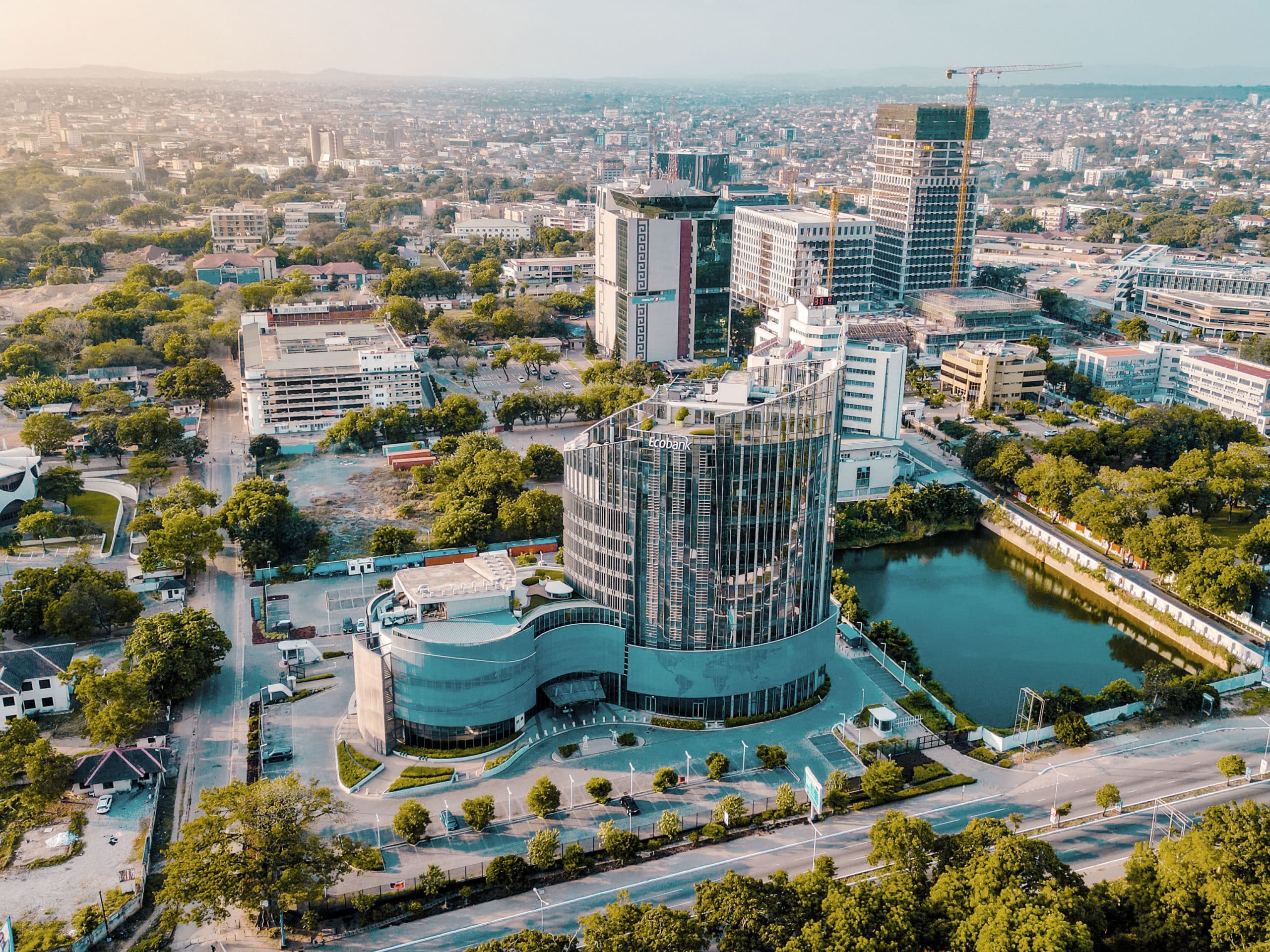Ghana’s strategic investments and innovative initiatives in digitalization and infrastructure have propelled it to the forefront of African economic growth and stability.
“Ghana has long been a beacon of democracy on the African continent, and it is our collective duty to safeguard this reputation.” H.E. Nana Addo Dankwa Akufo-Addo, President of Ghana
Ghana’s strategic investments and innovative initiatives in digitalization and infrastructure have propelled it to the forefront of African economic growth and stability.
Ghana is a thriving African hub for innovation and economic growth. Known for its stability and active political processes, the country has drawn foreign direct investment and developed as a pioneer in a range of disciplines, including digitization and technological advancement. The partnership between the government and private sector has borne fruit in terms of substantial development, setting Ghana apart as a model for other African nations.
In the face of global economic problems, Ghana’s economy has shown remarkable endurance and progress. According to Deputy Minister of Finance Stephen Amoah, “Ghana’s GDP growth rebounded to 3.2% in the first half of 2023, driven by strong growth in services and agriculture.” This recovery finds its roots in Ghana’s bold economic strategies, which have helped it steer investments toward key sectors. The administration has prioritized infrastructure development and fiscal discipline, leading to increased economic stability and investor confidence.
Loading...
Amoah emphasizes that infrastructural development, particularly in Accra, is a key driver of this expansion. “If you move around Accra, you see a lot of development going on,” he adds, underlining the need for both public and private investments. These actions have not only led to more money circulating in the economy but also created a lot of work opportunities, which have uplifted the standard of living for many Ghanaians.
Ghana’s commitment to digital transformation is evident through various initiatives aimed at enhancing connectivity and digital services. Harkirit Singh, CEO of Ascend Digital, outlines their pivotal role in this transformation. “We have revitalized the whole national backbone, going from Accra to Bawku, and made significant investments in national data centers in Accra and Kumasi,” Singh says. These efforts have been crucial in providing reliable and high-speed connectivity to government institutions and the public.
Ghana’s vision of becoming a digital-ready nation involves creating a robust infrastructure that supports economic growth and provides opportunities for all citizens. “The opportunities are here to build further solutions that’ll help Ghana succeed,” says Samson Djaba, CEO of Lightwave eHealthcare Solutions.
Ghana leads Africa in financial inclusion, thanks to its extensive digitization of public services. The introduction of mobile money and other fintech solutions has transformed the industry to such an extent that it makes the services of financial institutions accessible to many. This advancement is elaborated by Nicolas Bourg, Chairman of Telecel, who says, “The success of mobile money applications and other fintech solutions in Ghana demonstrates the country’s capacity for innovation and market responsiveness.”
Digitalization has greatly improved the ability of financial services to take place. This also implies that it is a lot easier for transactions to occur, leading to a positive effect on Ghana’s economy because of formalization. The majority use of digital payments and online banking services has made financial inclusion a practical matter for many Ghanaians, which in turn leads to growth and stability in the economy.
The mining industry is particularly important to Ghana, particularly small-scale production. According to Edward Nana Yaw Koranteng, CEO of the Minerals Income Investment Fund (MIIF), “Small-scale mining contributes up to 40% of Ghana’s total gold output.” This sector not only supports the economy but also provides significant employment opportunities across various regions in Ghana. Efforts to formalize and support small-scale mining operations are essential for sustainable growth. Initiatives aimed at providing training, resources, and financial support to small-scale miners help enhance their productivity and ensure environmentally responsible practices.
A critical objective for Ghana is for the country to become Africa’s first digitally ready nation, with 24/7 access to services for all citizens. Singh sees a future in which Ghana serves as a model for digital change across the continent. He adds, “Our goal is to build a nationwide digital infrastructure that supports economic growth and provides opportunities for all Ghanaians.”
Ghana’s progress toward digitization and economic growth is a result of the government and private sector’s coordinated efforts. “Ghana will continue to be a shining star, not just in Africa, but beyond,” says Victor Yaw Asante, MD/CEO of FirstBank Ghana. The country’s strategic investments and creative efforts are laying the path for a bright future.
Loading...
